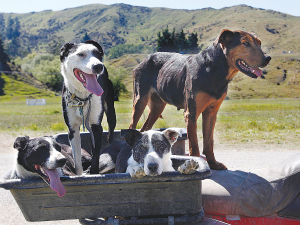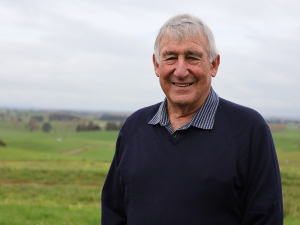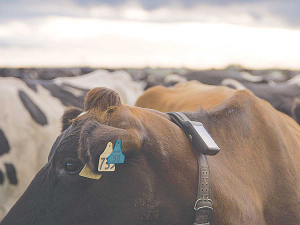Amid reports of an increase in the number of parvovirus cases, the New Zealand Veterinary Association (NZVA) is calling on dog owners to prioritise essential vaccinations.
NZVA head of veterinary services – companion animal, Sally Cory says it is important new dog owners factor in the cost of the course of vaccinations when they purchase, adopt or acquire a puppy.
“Vaccination is a highly effective way of avoiding parvovirus and the associated costs are far less than managing a very unwell puppy,” Cory says.
Cory, who also works as an emergency vet at the Wellington After Hours Veterinary Clinic, says her team is currently seeing daily cases of parvovirus, some of which have resulted in death.
“There is definitely a significant amount of parvovirus around at the moment… it’s been one of the worst I’ve seen in 20 years with many people struggling to prioritise the cost of their pet’s vaccinations,” she says.
“Unfortunately, parvovirus is catching people out and instead they’re having to pay for intensive treatment or having to make tough calls about putting their animal to sleep if the dog is very unwell.”
Parvovirus is a highly contagious, viral disease which affects the dog’s gastrointestinal tract.
Those most at risk are young (six weeks to six months), unvaccinated, or incompletely vaccinated puppies.
Parvovirus can be passed on when dogs sniff, lick or eat contaminated faeces, or through encountering food and water bowls, or footwear that contains the virus.
The signs of parvovirus usually occur within five to seven days of exposure and may include lethargy, lack of appetite and fever that then progresses to vomiting and bloody diarrhoea. The disease can progress quickly, and severe disease often results in death.
Cory says parvovirus has always been prevalent in some urban areas. However, this year, cases appear to be on the rise.
“We understand finances are tight and it’s hard to prioritise vaccinations when you have a happy, bouncy puppy in front of you,” she says. “However, we urge new puppy owners not to delay vaccinations or assume they’ll be okay.
“It’s heartbreaking when we see people bring their puppies in for emergency treatment when we know the illness is preventable.”
When purchasing a dog, be certain you know if vaccinations have been started or not and when the next booster is due. If you have been advised the dog has had its vaccinations, you should receive a vaccine certificate booklet with confirmation. If there is no proof vaccinations have been administered, assume the dog has not been vaccinated and discuss it with your vet.
If adult dogs received their full puppy vaccination programme, they should receive their first parvo booster at 12 months, and then every three years after.
Top tips to reduce the risk
- Get the dog vaccinated by a veterinarian. Parvovirus is highly preventable with the right vaccinations.
- Keep unvaccinated or partially vaccinated puppies away from unvaccinated dogs and public areas where dogs commonly walk.
- Keep them restricted to properties with no history of parvovirus as the disease can survive in affected areas for several years.
- Make sure no one is bringing potentially contaminated material to your property (remember to ‘clean the poo from the shoe!’_
- The incidence of parvovirus varies between locations. Talk to your veterinarian about the local parvovirus risk, and an appropriate vaccination and socialization programme for your puppy.











